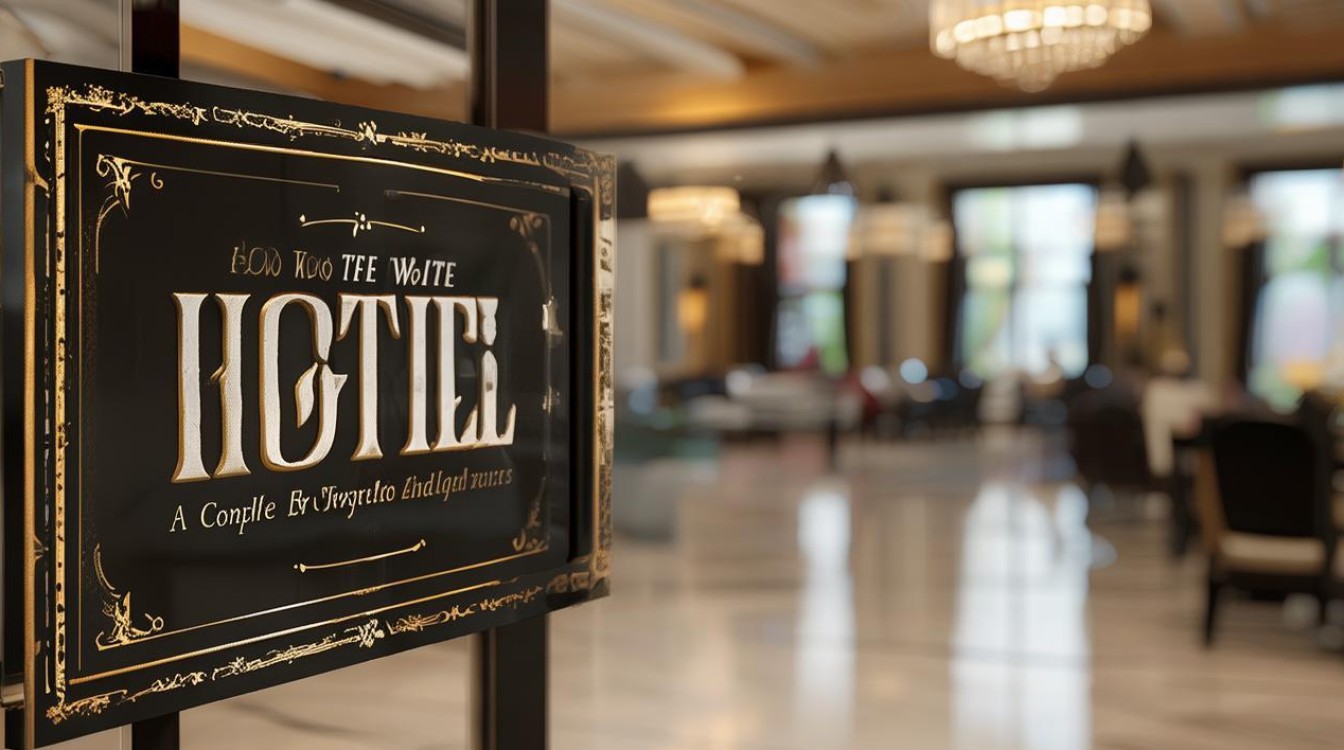When traveling or studying English, knowing how to write and use the word "hotel" correctly is essential. Whether booking accommodation, asking for directions, or simply expanding vocabulary, this guide covers everything about the term.

The Correct Spelling and Pronunciation
The English word for "旅馆" is "hotel." It is pronounced as /hoʊˈtel/ (ho-TEL), with the stress on the second syllable. The spelling is consistent across British and American English, though minor pronunciation differences may exist.
Example sentences:
- "We booked a hotel near the airport."
- "This hotel has excellent reviews."
Origin and Meaning of "Hotel"
The word "hotel" comes from the French "hôtel," which originally referred to a large townhouse or mansion. Over time, it evolved to describe establishments offering lodging. The term entered English in the 17th century, replacing older words like "inn."
Common Confusions and Misspellings
Some learners misspell "hotel" due to similar-sounding words or translations:
- Incorrect: Hostel, Hotell, Hotal
- Correct: Hotel
A hostel is a budget-friendly shared accommodation, while a hotel typically offers private rooms.

Types of Hotels in English
Different accommodations fall under the "hotel" category:
- Boutique Hotel – Small, stylish, often themed.
- Resort – Luxury stays with amenities like pools and spas.
- Motel – Roadside lodging for motorists (short for "motor hotel").
- Inn – A smaller, often historic lodging.
Using "Hotel" in Sentences
To master the word, practice these structures:
- Booking: "I’d like to reserve a hotel room for two nights."
- Asking: "Could you recommend a hotel nearby?"
- Describing: "The hotel’s service was outstanding."
Synonyms and Related Terms
While "hotel" is standard, alternatives include:
- Lodging (general term for places to stay).
- Guesthouse (smaller, often family-run).
- Bed and Breakfast (B&B) – Includes morning meals.
Cultural Notes on Hotels
In English-speaking countries, hotels often classify by stars (1–5), indicating quality. Tipping housekeeping or concierge staff is customary in places like the U.S. but less common in Europe.
Why This Matters for Learners
Accurate vocabulary prevents misunderstandings. Writing "hotel" correctly ensures clarity in emails, bookings, or conversations. For travelers, it’s practical; for students, it’s foundational English knowledge.

Common Questions Answered
Q: Is "hotel" used the same way worldwide?
Yes, though local terms like "ryokan" (Japan) or "pousada" (Brazil) exist, "hotel" is universally understood.
Q: How do I pronounce "hotel" in a sentence?
Stress the second syllable: "We stayed at a lovely ho-TEL."
Q: Can "hotel" refer to other buildings?
Rarely. In French, "hôtel de ville" means city hall, but in English, it strictly means lodging.
Practice Exercise
Test your understanding:
- Spell the word for a place offering paid lodging.
- Use "hotel" in a question (e.g., asking for recommendations).
Answers:

- H-O-T-E-L
- "What’s the best hotel for families in this area?"
Final Thoughts
Mastering "hotel" opens doors to smoother travel and clearer communication. Whether typing it in a search engine or saying it aloud, precision matters. Next time you plan a trip or study session, remember: it’s hotel—simple, essential, and unmistakable.

